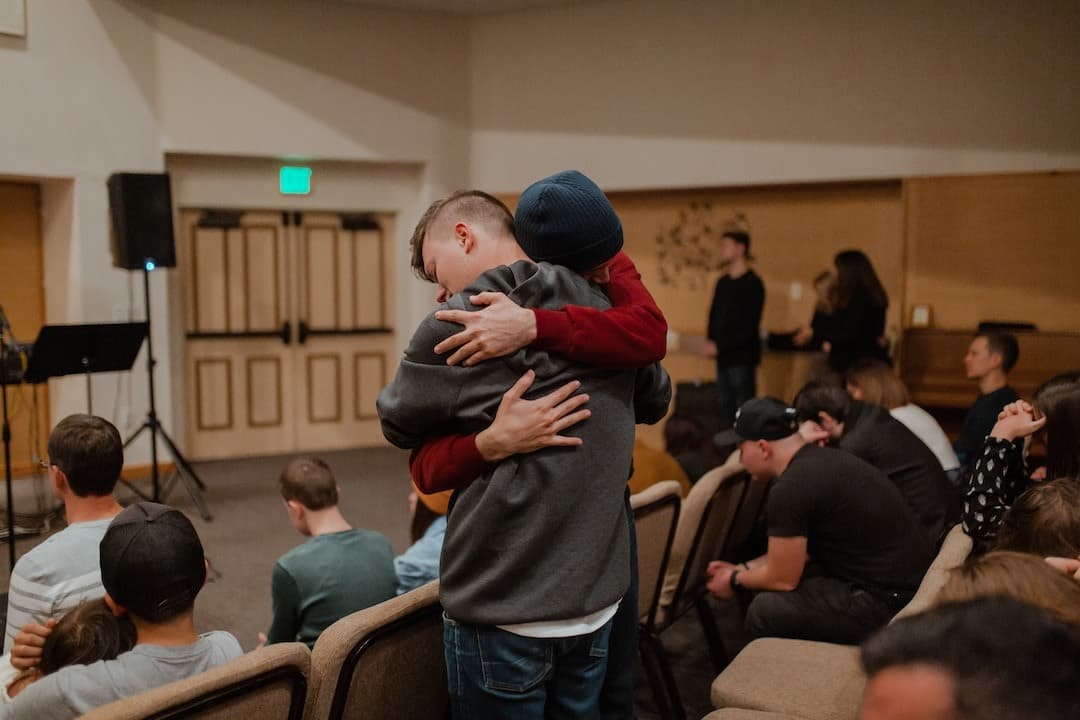If you’ve decided to seek inpatient treatment, you’re probably wondering what it’s like. Residential treatment offers a safe and supportive place for your recovery. Inpatient treatment is not a vacation or an escape from life. It’s an opportunity to learn how to live again after mental health struggles have affected every aspect of your life.
It can be scary to take that first step, knowing it could lead to you having to leave your everyday life to seek treatment. If you go into residential treatment feeling anxious because of what others might think about your decision or how much work it will be, then you may benefit from some extra preparation before entering the facility. To help you prepare, here are some things you can expect when going away for treatment.
Inpatient Treatment Provides a Safe Environment
Inpatient treatment provides a safe, secure place to be. The most important thing to remember is that you are not alone in this journey. There are people who support your recovery and want to help you be well again. Inpatient programs offer more than just medical care. They provide the tools necessary for healing on an emotional level as well.
While it may seem scary at first, staying in a residential treatment center will actually help you feel safer after leaving than you did before entering. Outside triggers will be eliminated from your life for the duration of your stay. Those who have been through it can tell you that being able to sleep at night without anxiety or depression is priceless.
You Will Have Lots of Support
When you’re situated at a residential treatment facility, you will be surrounded by people who have been through the same thing you are going through. You will find support in your peers. In addition to having access to doctors and nurses who will help you with your physical health, you also have access to peers. This is extremely important because it allows for a peer-to-peer support system that really makes a difference in recovery.
Residential treatment programs can be transformative, amazing experiences that provide a safe, structured environment to address your personal challenges. During the program, you will have a team of people working with you and your goals. This includes a therapist, doctor, or other health professionals such as registered nurses or licensed clinical social workers.
Unfortunately, your family and friends may not visit as often as they would like because of privacy concerns. Additionally, the people on your treatment team may change over time depending on how long you stay in residential treatment and how well your recovery progresses. Despite these factors, you can rest in the knowledge that the people who matter to you are rooting for you, and everyone who sees to your care wants the best for you.
You Will Not Be Expected to Do Everything on Your Own
Your treatment plan will be individualized to your needs, though it will follow a similar structure to that of other patients’ plans. You can expect to have at least one therapist, who will help you understand your mental illness and how it affects your life. Your therapist may also teach you coping skills and ways of thinking about the world that are less harmful than your current coping mechanisms.
At a residential facility, a nurse is on staff at all times throughout your stay. If you develop any health problems or complications they can help with those issues as well.
In addition to these resources available during residential treatment, there are also many other people at a facility who are going through similar experiences as yourself. There are other patients who understand what you’re going through and can provide peer support during the hardest moments in recovery.
A Perfect Place to Heal and Develop New Skills
Inpatient treatment can provide a space and time where you can heal and develop new skills. While you should be prepared for change, remember that it’s not always scary. It can also be liberating to be free of some of the baggage and emotions that you have been carrying around for so long.
You may be afraid to start this process because you don’t want to feel like you’re losing control over your life. However, by participating in treatment, you will gain more control over your life than ever before.
It’s Okay to Grieve
It’s okay to grieve for the things you’ve lost in your life.
Grief is a normal response to loss and there are many ways to cope with it. Talking about the things that matter most to you and sharing them with others can be very therapeutic. Especially when done in a group setting such as residential treatment. There may also be times when you feel guilty because it seems like other people have suffered more than you have or vice versa. Keep in mind that everyone experiences grief differently and at different rates.
Inpatient treatment can be a positive and life-changing experience. There are many things to be aware of and keep in mind, but the most important thing is that you take this time to focus on yourself and your recovery.
If you are here reading this, you might be ready to take that first step. By calling today to discuss your options, you might learn that this might be the perfect path for you to better your mental health. By taking this step, you will greatly improve your mental health and, in turn, your entire life.
If you or someone you know is struggling with their mental health, please give us a call at (949) 647-4090.









